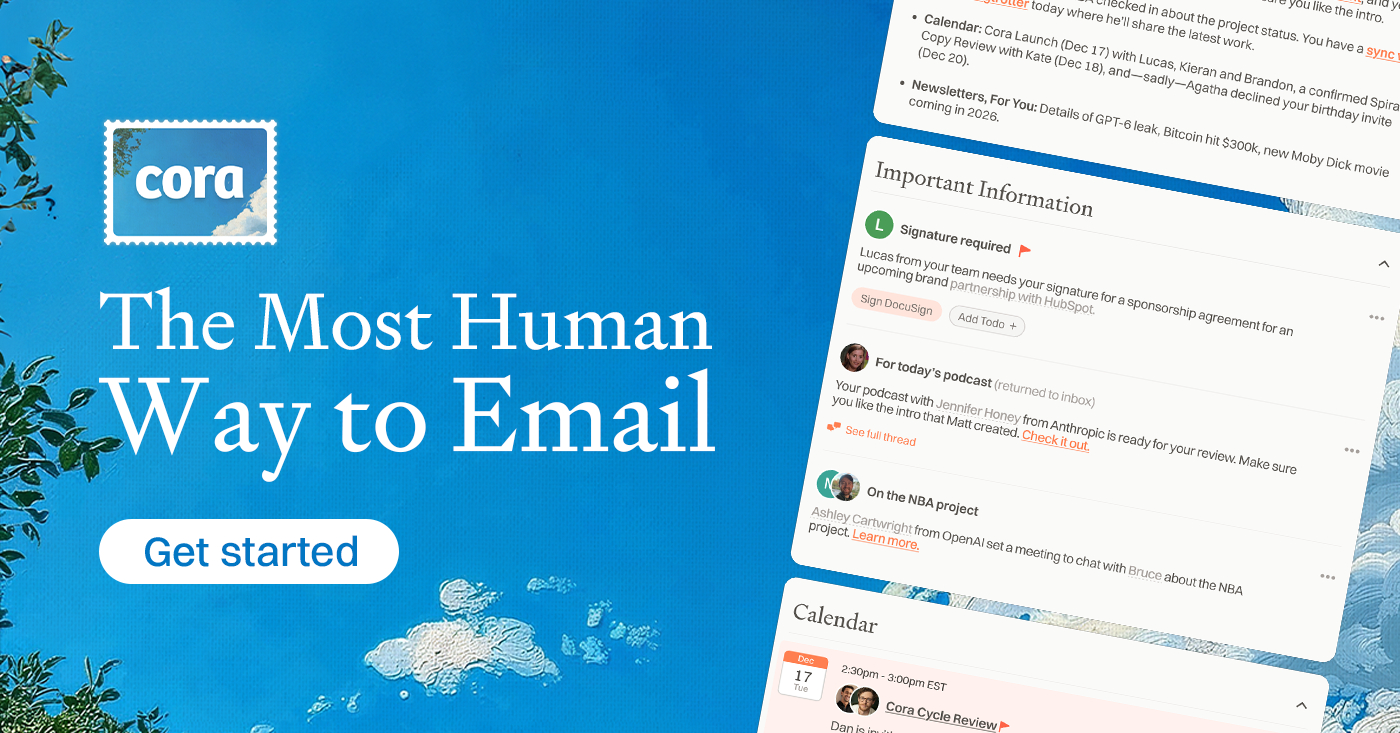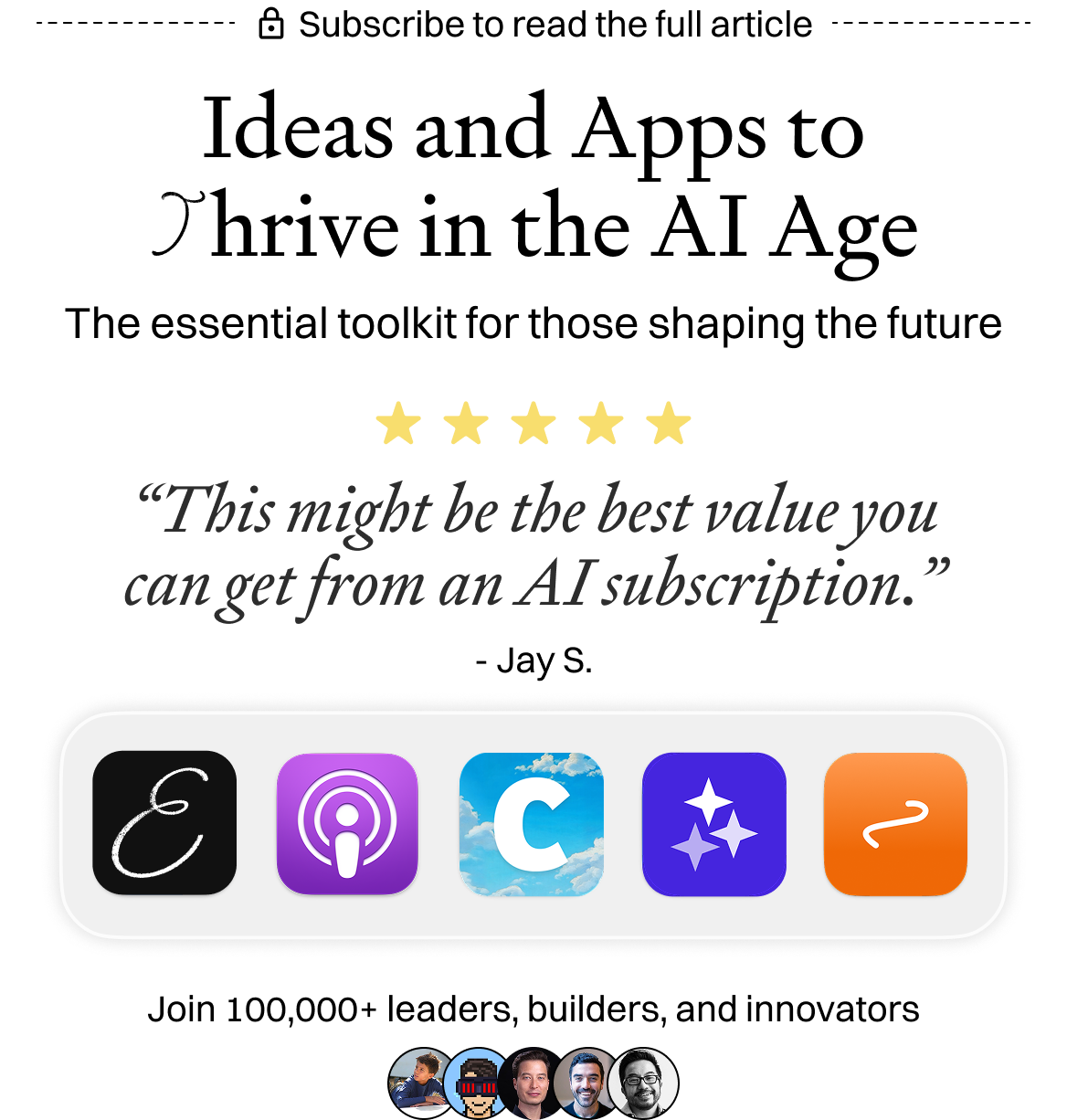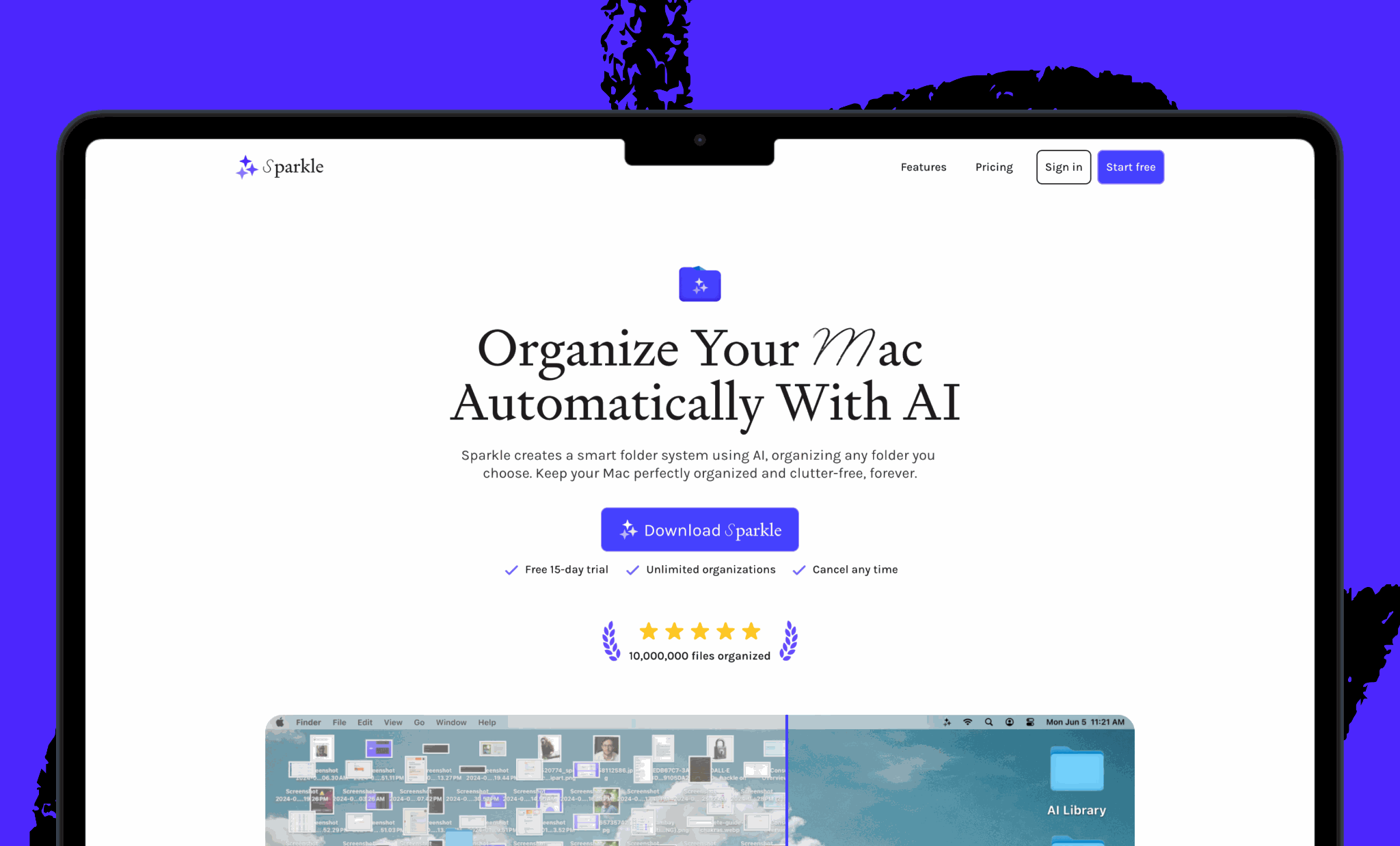How I’m Preparing My Parents—And Myself—To Be Fluent in AI
- Get link
- X
- Other Apps
How I'm Preparing My Parents—And Myself—To Be Fluent in AIOn a family trip, I got locked out of the latest technologies. Here's what it taught me about AI literacy.by Vivian Meng  Disorienting technological change can arrive in small moments—like standing cashless at a vending machine in China, locked out by an app you don't have, watching the familiar world become foreign and your dignity slip away with your inability to buy water. As Vivian Meng (who previously produced our podcast AI & I) explains, this shift from the internet age's demand for technical literacy to AI's requirement for epistemic fluency means we must know not just how to use tools, but how to question and guide them. She balances clear-eyed concern with practical hope, offering specific ways to bridge the digital divide across generations.—Kate Lee Was this newsletter forwarded to you? Sign up to get it in your inbox. The last time I visited China, seven years had passed since my previous trip. I expected some changes, but I thought the basics would still feel familiar. I was wrong. With the sun's rays beating down on us outside Niushoushan Temple in Nanjing and no personally manned shop in sight, I watched my dad's face turn to dismay trying to buy bottled water from a QR code vending machine, the lone oasis in a desolate concrete field. Trying to visit Nanjing Museum was difficult, as tickets could only be purchased through WeChat, a superapp that bundles a variety of services like chat, transport, and shopping. We didn't have the Chinese phone number necessary to register for these local services, so we watched rideshare cars fly by, wholly inaccessible without cashless payment. Block after block, we walked to busier streets, waiting at curbs to spot a rare yellow cab. Make email your superpower Not all emails are created equal—so why does our inbox treat them all the same? Cora is the most human way to email, turning your inbox into a story so you can focus on what matters and getting stuff done instead of on managing your inbox. Cora drafts responses to emails you need to respond to and briefs the rest. It wasn't just my parents—I struggled too. Despite being part of a generation that's supposed to be tech-literate (zoomers, unite!), I felt powerless. At the neighborhood fruit shop, with change in my hands, I watched my grandpa give the cashier his phone to scan a digital wallet instead. My parents and I trailed after our relatives, like ghosts wading through a home-shaped mirage that spoke in riddles—QR codes instead of cash, screens instead of signs, silence where help used to be. That experience has stayed with me. It showed me how fast technology can make the familiar feel foreign, and how quickly you can find yourself shut out, not just from conveniences, but from the basic rhythms of daily life, like cold water on a hot day. Cashless payments and superapps silently eroded our access to everyday necessities, while at the same time, enabling convenience and access to services for millions (like my grandpa, ordering lunch to his door with WeChat). As it currently stands, AI might be eroding our ability to trust what we see and hear, all while allowing upwards of 700 million people to seamlessly access that on-demand career coach they may not have been able to afford, or build projects that would be much harder to achieve without the technical support AI can offer (as I'm finding, deploying my first technical project with Claude Code). AI lets us unlock knowledge with much less friction, but hands us a contract in return. In a world where AI is no longer confined to research labs or Silicon Valley, but increasingly seeps into the cozy, familiar corners of our lives, we get to accept the increasing responsibility for exercising our own judgment. On Instagram, I see fully AI-generated people—faces, voices, gestures—delivering deceptively personal stories in ads designed to sway me and my digitally-native peers. Walking past a local music festival, I noticed vendors selling polyester T-shirts with absurd, glitchy animal faces pasted in a repeating pattern, evidently done by an AI artist. As I see AI's fingerprints popping up in corners of the world outside of tech circles, I'm reminded of how important it is to learn about it. Though these traces may seem trivial, they point to a deeper shift in how we'll experience the world. The more seamlessly AI blends into our daily lives, the easier it becomes to stop noticing it altogether. Picture a near future where AI voice technology can convincingly imitate family members. Imagine healthcare guided primarily by AI triage assistants, determining whether your symptoms merit attention. Consider children bonding with AI-powered stuffed animals—available to chat even when adults aren't around to counter false statements. Just as digital wallets replaced cash, these AI systems could replace human judgment, making invisible decisions that chip away at our trust in the world. Yet, on the other hand, AI can be an expansive tool that allows us to show up more fully in the world—if we use it well. Whether we use it to learn from our favourite writers by analyzing their stylistic choices, build our first website with it, or use it as a career coach to dream bigger about our trajectory, it's hard not to see how it can be helpful to expand what's possible with our lives. Between the repercussions and advantages of AI, I wonder: How can I make sure my parents aren't left behind by technology again? How can I make sure I'm not left behind? Become a paid subscriber to Every to unlock this piece and learn about:
What is included in a subscription?Daily insights from AI pioneers + early access to powerful AI tools |
- Get link
- X
- Other Apps






